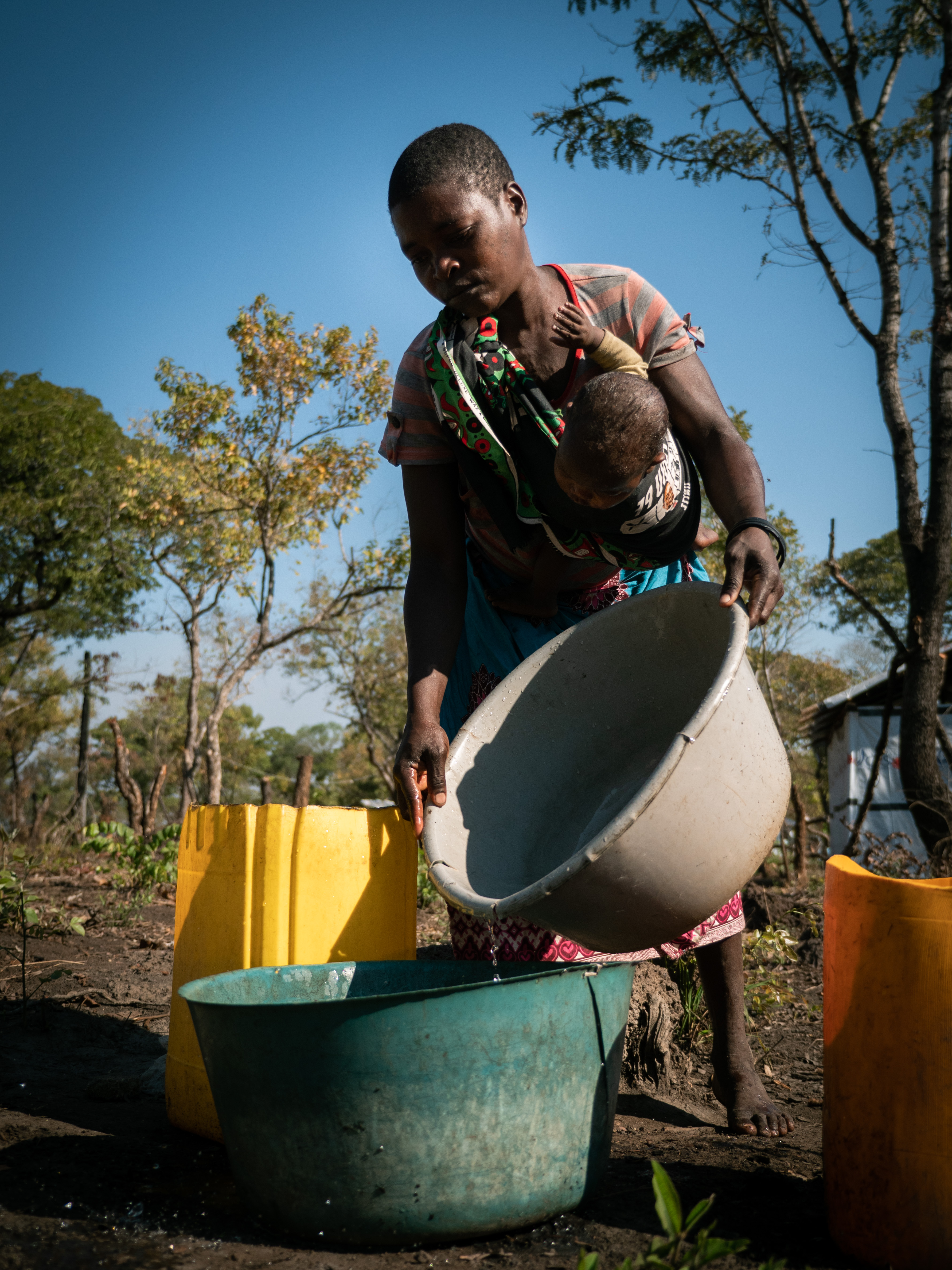
Between 01 January and 19 September, there were 279 recorded attacks on health care and humanitarian personnel in DRC that have caused five deaths. Armed groups in north and south Kivu alone have killed 1,900 people in the last two years and abducted 3,300 people. At the same time as this violence continues there have been 17,271 recorded cases of cholera since January, 179,477 cases of measles including 3,559 deaths, and malaria continues to kill about 48,000 people each year in DRC.
Ebola Virus Disease (EVD) continues at a substantial transmission intensity. In the last week, 57 confirmed EVD cases were reported, up from 40 the previous week. 29 health zones in North Kivu, Ituri and South Kivu provinces have been affected since the beginning of this outbreak. The majority of cases are in North Kivu.
Insecurity, community mistrust and political instability continue to undermine the response. DRC faces one of the most complex humanitarian emergencies in the world. It’s not an emergency that the Ministry of Health can alone. This remains a highly complex EVD outbreak with substantial transmissions – and the risk of further spread remains high. Ongoing security issues and other challenges continue to hinder response efforts, with the potential to dramatically change the course of the outbreak with a single incident.
The DRC Humanitarian Response Plan is poorly resourced and donors and the international community is failing to meet commitments with partners and the needs of the people affected. Failure to support humanitarian and development issues in DRC puts health security across the globe at risk. In addition, funding for preparedness in surrounding countries at risk is grossly inadequate. Countries that invest in preparedness will save lives – and save money.
1 thought on “Attacks on Healthcare and Humanitarian Workers in DRC Continue”